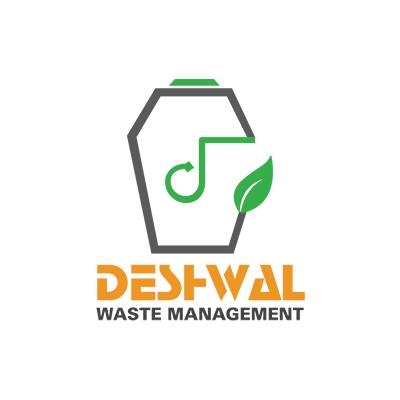“E-Waste Management in India: Challenges and Solutions”
Electronic waste, commonly referred to as e-waste, has become a significant concern in today’s technology-driven world. The proliferation of electronic devices and rapid technological advancements have led to a surge in e-waste generation. In India, a country with a growing tech-savvy population, e-waste management has become a pressing issue. This blog will delve into the world of e-waste, its management, recycling, and the key players in the industry, with a focus on the Indian context.
Understanding E-Waste:
E-waste consists of discarded electronic devices and equipment, such as old computers, mobile phones, televisions, and other electronic gadgets. These items contain various hazardous materials, making their disposal a potential environmental and health hazard.
E-Waste Management in India:
India has witnessed a rapid increase in e-waste generation due to the expanding middle class and a surge in technology adoption. However, the management of this e-waste has not kept pace with its growth, resulting in various environmental and health challenges. The government and several organizations have recognized the need for better e-waste management practices.
Challenges in E-Waste Management:
1. Lack of Awareness: Many individuals and businesses in India are unaware of the hazards associated with improper e-waste disposal.
2. Informal Recycling Sector: A significant portion of e-waste is processed in the informal sector, often under unregulated and unsafe conditions.
3. Regulatory Gaps: India has regulations in place for e-waste management, but there are gaps in their enforcement and effectiveness.
E-Waste Recycling in India:
Efficient recycling of e-waste is crucial for reducing its environmental impact. There are several e-waste recycling companies in India that play a pivotal role in processing and recycling electronic waste. These companies ensure that valuable components are recovered and hazardous materials are safely disposed of.






